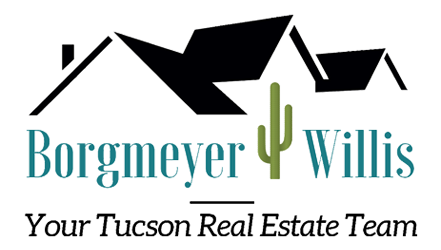Deciding To
Buy
Preparing
To Buy
Real Estate
Agent
Go Shopping
Inspections &
Appraisals
Moving In
Buying your first home can be one of the most exhilarating — and stressful — moments of your life. But armed with the right information, you can shop for a house, apply for a mortgage, and close the deal with confidence.
Get Prequalified and Preapproved for credit for Your Mortgage
Before you start looking for a home, you will need to know how much you can actually spend. The best way to do that is to get prequalified for a mortgage. To get prequalified, you just need to provide some financial information to your mortgage banker, such as your income and the amount of savings and investments you have. Your lender will review this information and tell you how much we can lend you. This will tell you the price range of the homes you should be looking at. Later, you can get preapproved for credit, which involves providing your financial documents (W-2 statements, paycheck stubs, bank account statements, etc.) so your lender can verify your financial status and credit.
- LENDERS I RECOMMEND HERE–
Prepare your finances for the mortgage process
The last thing you want to do is find your dream home only to discover you’re not financially qualified to buy it. To guarantee you’re financially ready to buy your first home, you’ll need good credit, cash to close, and a verifiable income.
Check your credit
Your credit score will have a huge impact on what type of property you can buy, and at what price. It is first recommended to check your credit rating with an experienced lending institution so that we can determine what you can afford.
A fast way to improve your score by a few points is to pay down credit card balances and stop using them for two months before you apply for a mortgage. Also, you’ll want to avoid applying for credit (for example, a new credit card or car loan) until after you’ve closed on your new home.
If you’re buying a home with a spouse or other co-buyer, your mortgage lender will likely consider both buyers’ credit scores in the application process. Improving your credit score significantly can take at least six months, so get started if you need to!
Save cash for a down payment and other expenses
In addition to making sure your credit score is in order, you’ll also want to consider the cash you’ll need to make buying your first home a reality. Of course there’s your down payment — typically between 3.5 and 20 percent of the purchase price.
Get your documentation in order
Finally, if you’re close to putting an offer on a home, begin to collect documents that you’ll need to verify your finances on the mortgage application: paystubs, W-2’s, bank statements and, if you have freelance or self-employment income, copies of your last two tax returns.

